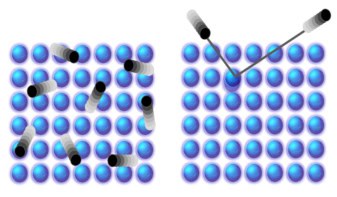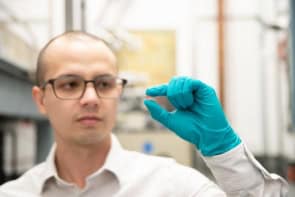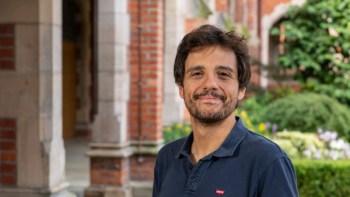
The German government says it will spend €3bn over the next three years to build a universal quantum computer. The project is part of a new initiative to make Germany competitive with countries that have already built or are taking steps to construct such a device. It is hoped the cash will boost the German economy and place the country at the top of quantum developments in the European Union.
Set to be built by 2026, Germany’s quantum computer will exploit current quantum technology. It will have a capacity of at least 100 qubits but this could later be expanded to 500 qubits. Funding for the device includes €2.2bn split among several government ministries, including €1.37bn for the research ministry. National research institutes will receive another €800m.
The initiative also includes the commitment to build a quantum ecosystem and foster a quantum industry. Several major German companies and institutions are already active in quantum technology. The automotive supplier Bosch, for example, is working with IBM to see if quantum computing simulations could help to replace rare-earth metals in electric motors.

Why the US needs a ‘quantum Oppenheimer’ to beat China in the quantum race
German laser giant Trumpf, meanwhile, is developing quantum computer chips as well as quantum sensors, while semiconductor manufacturer Infineon has developed the first quantum-encrypted computer chips. The German Aerospace Center DLR has also launched its first test satellites for quantum-key distribution.
According to German education minister Bettina Stark-Watzinger, quantum technology is crucial for Germany’s technological sovereignty. She expects that by 2026, “at least 60 end users of quantum computing should be active in Germany”, adding that the country should “be among the top three within the EU and at least reach the level of the US or Japan [in quantum computing]”.



